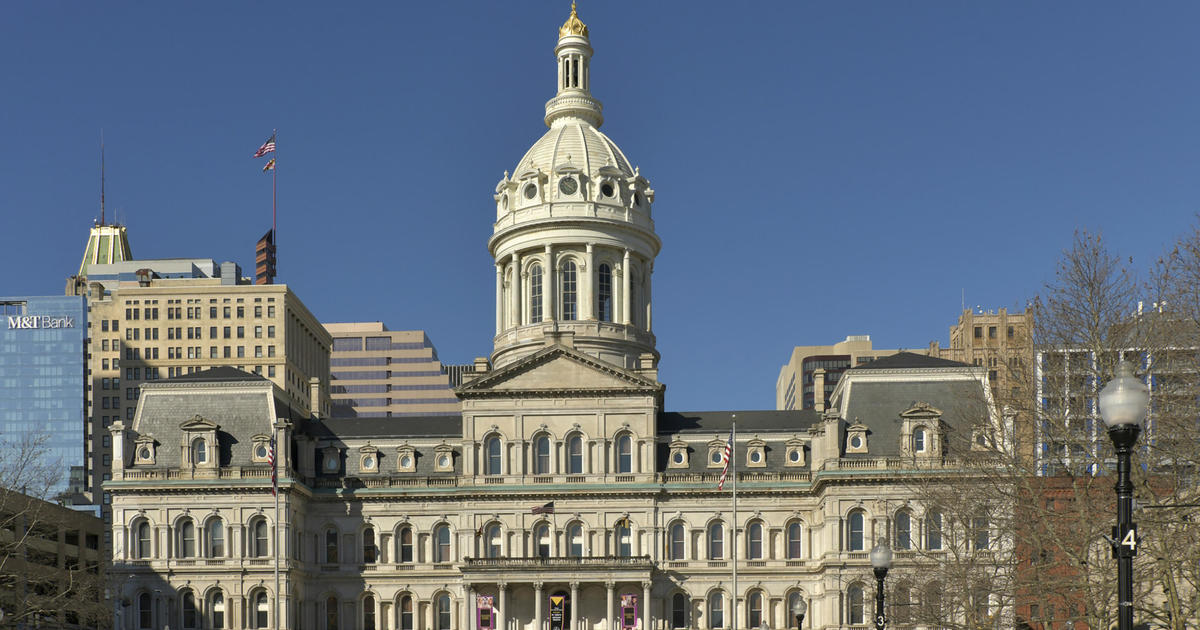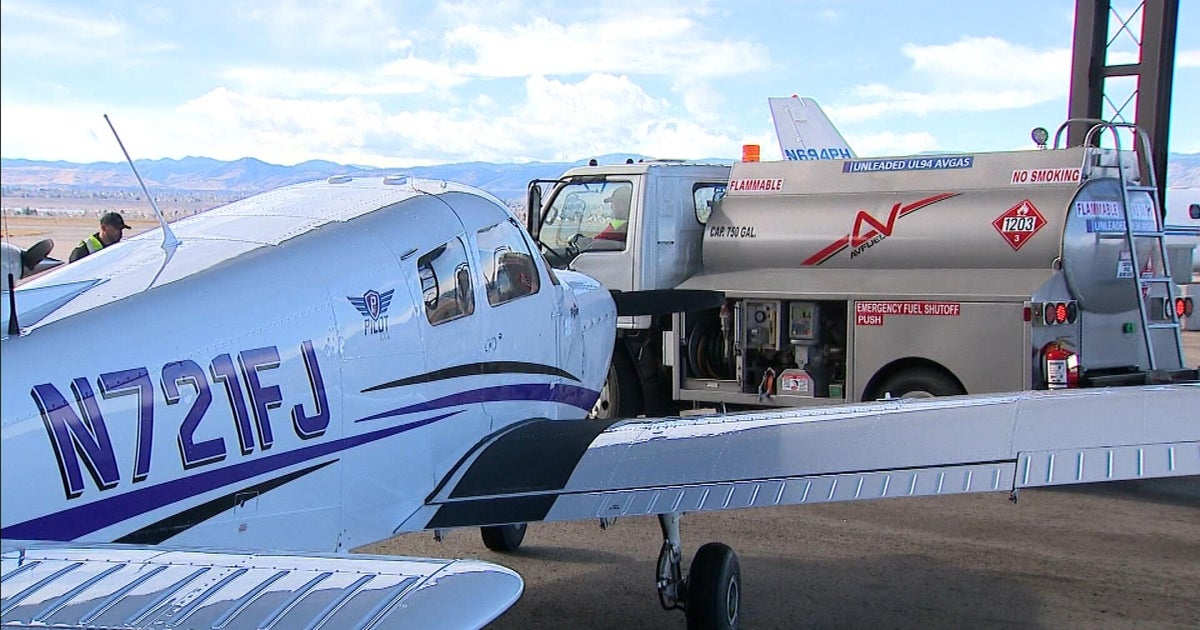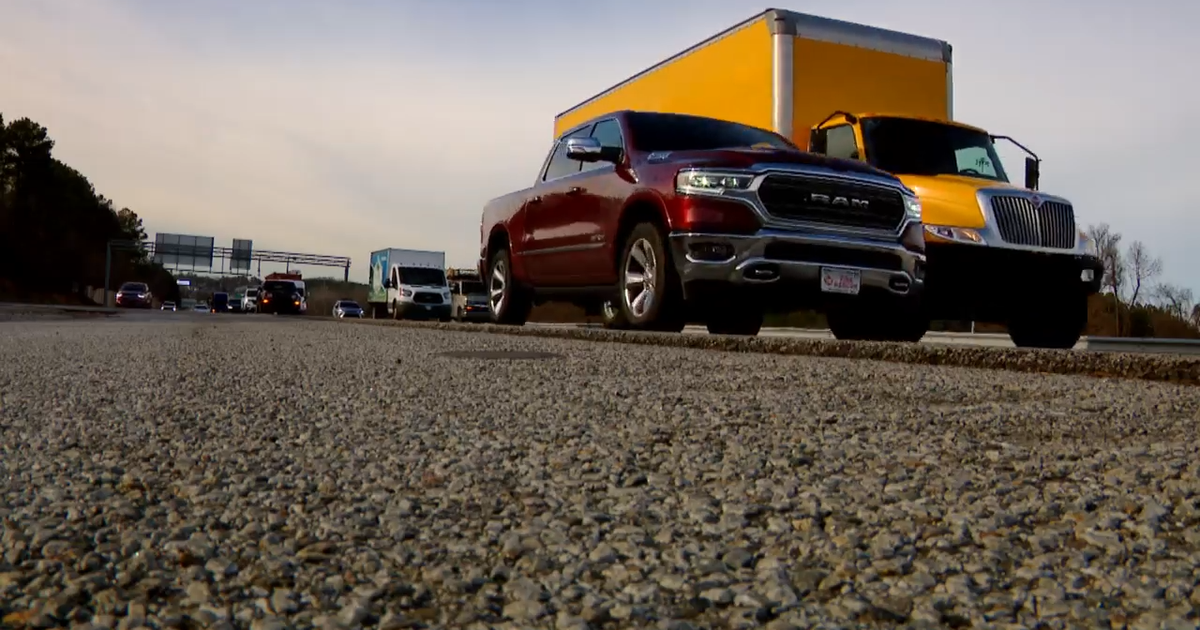How Does Minnesota's Gas Tax Compare To Other States?
MINNEAPOLIS (WCCO) – DFL Gov.-elect Tim Walz says Minnesota needs to raise the gas tax to fix the state's roads, but the idea of paying more at the pump doesn't sit well with some drivers.
"I'm not going to shy away from this," Walz said. "I talked about it the entire campaign."
So, how does Minnesota's gas tax compare to other states? Good Question.
According to Minnesota's constitution, the state's tax on gasoline can only be used for roads and bridges.
"Right now, the gas tax is the workhorse that we need to rely on to pay for our transportation system," says Lee Munnich, senior fellow at the Humphrey School of Public Affairs at the University of Minnesota. "Part of the issue is that the public doesn't really know how much it pays for the gas tax."
According to the U.S. Department of Energy, the national average for state gas tax is 28.6 cents per gallon. That's almost exactly the same as Minnesota's – 28.5 cents per gallon, which ranks the state right in the middle at 25th in the country.
Alaska has the lowest state gas tax at 9 cents per gallon. Pennsylvania has the highest at almost 59 cents per gallon.
Every state must also tack on another 18.4 cents per gallon in federal gas tax. That means Minnesotans pay 47 cents in taxes for every gallon at the pump.
"One thing to note is that the gas tax has not kept pace with inflation," says Gabriel Chan, a professor of energy policy at the Humphrey School.
In 1975, Minnesota's gas tax was 9 cents per gallon, which would equal about 42 cents in today's dollars. It slowly increased to 20 cents per gallon by 1988 and stayed at that level for 20 years.
In 2008, the state's gas tax started to rise again. Between 2008 and 2012, it rose 8.5 cents to 28.5 cents per gallon. It's stayed at that level since then.
According to an analysis by Humphrey School professor Jerry Zhao, Minnesota's gas tax pays for about 21 percent of Minnesota's transportation revenue. The federal gas tax accounts for 17 percent, car tab fees at 14 percent, and car sales taxes at 8 percent. Local efforts (39 percent) make up the rest.







